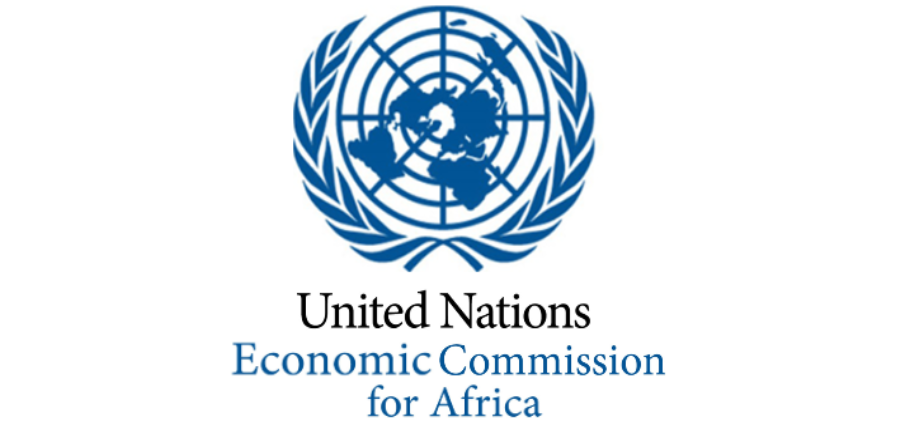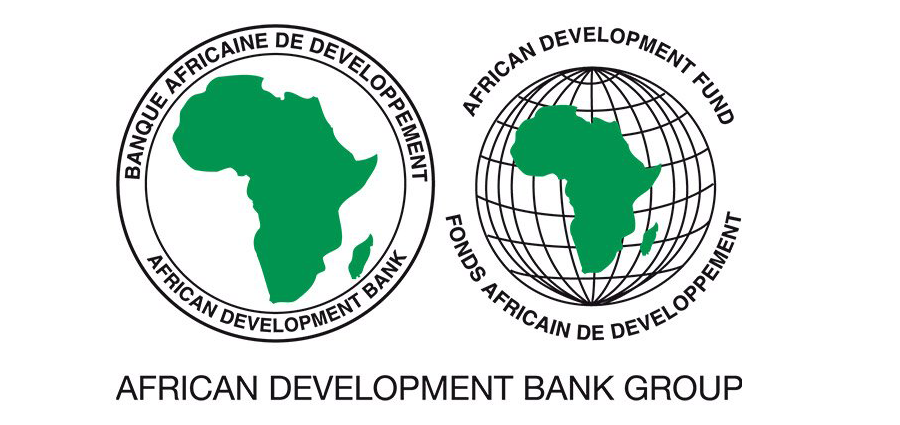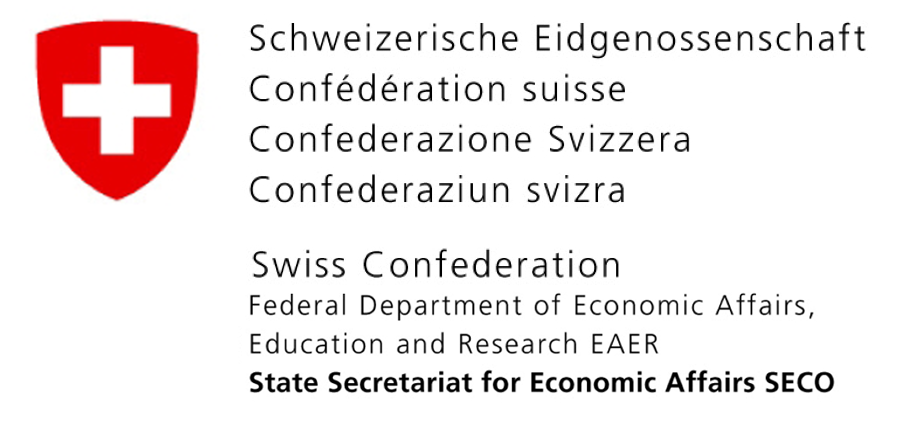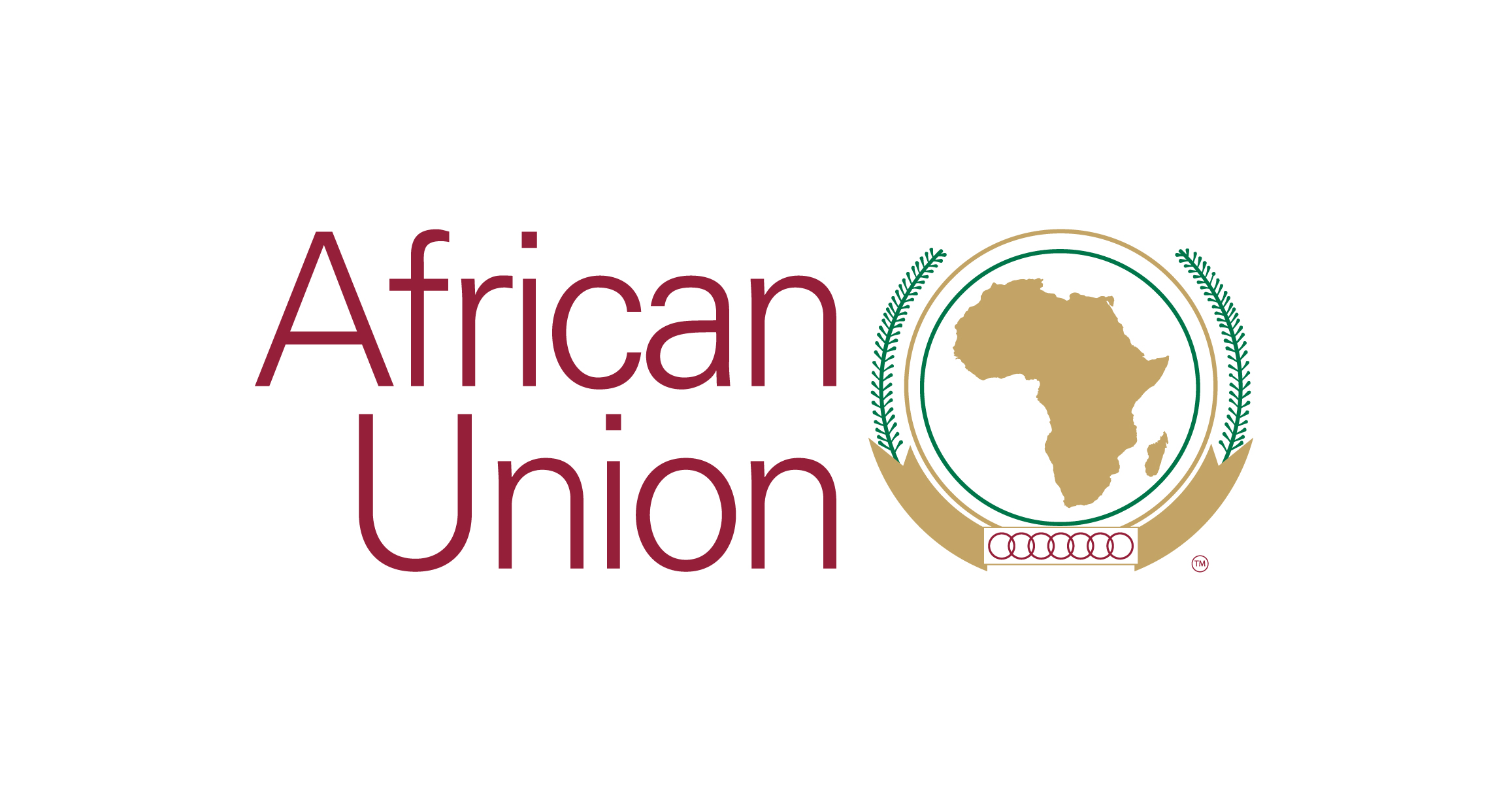Embracing Informal Transport: A New Paradigm for Urban Mobility
This SSATP technical report calls for a paradigm shift in how Sub-Saharan African cities approach informal public transport (IPT), recognizing its central role in meeting urban mobility needs. Based on case studies from 14 African cities, the report examines the complexities of the sector, the challenges of reform, and the potential for improvement through collaboration rather than replacement.







